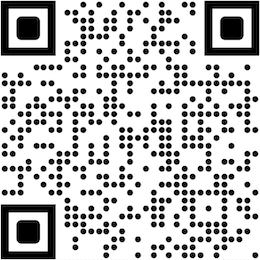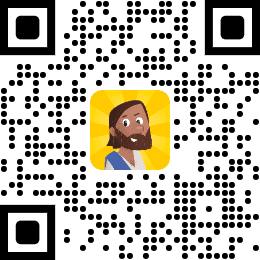Gaelg
She yn Ghaelg çhengey ny mayrey Ellan Vannin, Crogheen-Crooin hene-reiltagh ayns Mooir Vannin eddyr Bretin Vooar as Nerin. She çhengey Ghaelagh ee ta mooinjerys eck rish Yernish (Gaeilge) as Gaelg Albinagh (Gàidhlig), agh ta aght-lettraghey er lheh ecksh ta ny smoo gollrish lettraghey’n Vaarle. Ayns ny bleeantyn jeianagh ta’n earroo dy leih as sym oc er yn çhengey er n’aase dy mooar. Ta teksyn bun-earrooagh dy Scriptyryn ayns Gaelg er ve jeant liorish Sheshaght y Vible, lesh coyrle mychione y çhengey hene voish Yn Çheshaght Ghailckagh as Culture Vannin, dy chooney lesh Gaelgeyryn lhaih as gynsaghey mychione y Vible.
Manx Gaelic
Manx Gaelic (Gaelg) is the native language of the Isle of Man (Ellan Vannin), a self-governing Crown Dependency in the Irish Sea located between Britain and Ireland. It is a Gaelic language related to Irish (Gaeilge) and Scots Gaelic (Gàidhlig) but with its own orthography closer to English style spelling. The last few years have seen a remarkable increase in interest in the Manx language. Digitised Scripture resources have been produced by the Bible Society with language support from Yn Çheshaght Ghailckagh (the Manx Language Society) and Culture Vannin, to help the growing number of Manx speakers engage with the Bible.
Manx Gospel of Matthew
Thomas Wilson (1663-1755), Bishop of Sodor and Man from 1697 to 1755, had the Gospel of St. Matthew translated under his auspices and printed at his own expense. The translation is believed to have been made by Dr. William Wilker, Vicar-General of the Diocese. The book was published in London in 1748 “Yn Sushtal scruit liorish yn Noo Mian” (The Gospel written by St Matthew). It was published as a small book of 106 pages, with each verses on a new line and with some footnotes. It was printed by John Oliver in London. The orthography varies from that of later editions, which corrected errors. Only a few copies appear to have been printed, and these were chiefly for the use of the clergy. It is important because it was the first book of the Bible to be printed in Manx.
This translation was digitised by British and Foreign Bible Society (BFBS) from their archives with the help of MissionAssist in 2018. It was checked by the Manx Gaelic Society. This was done as part of their heritage text digitisation programme.



